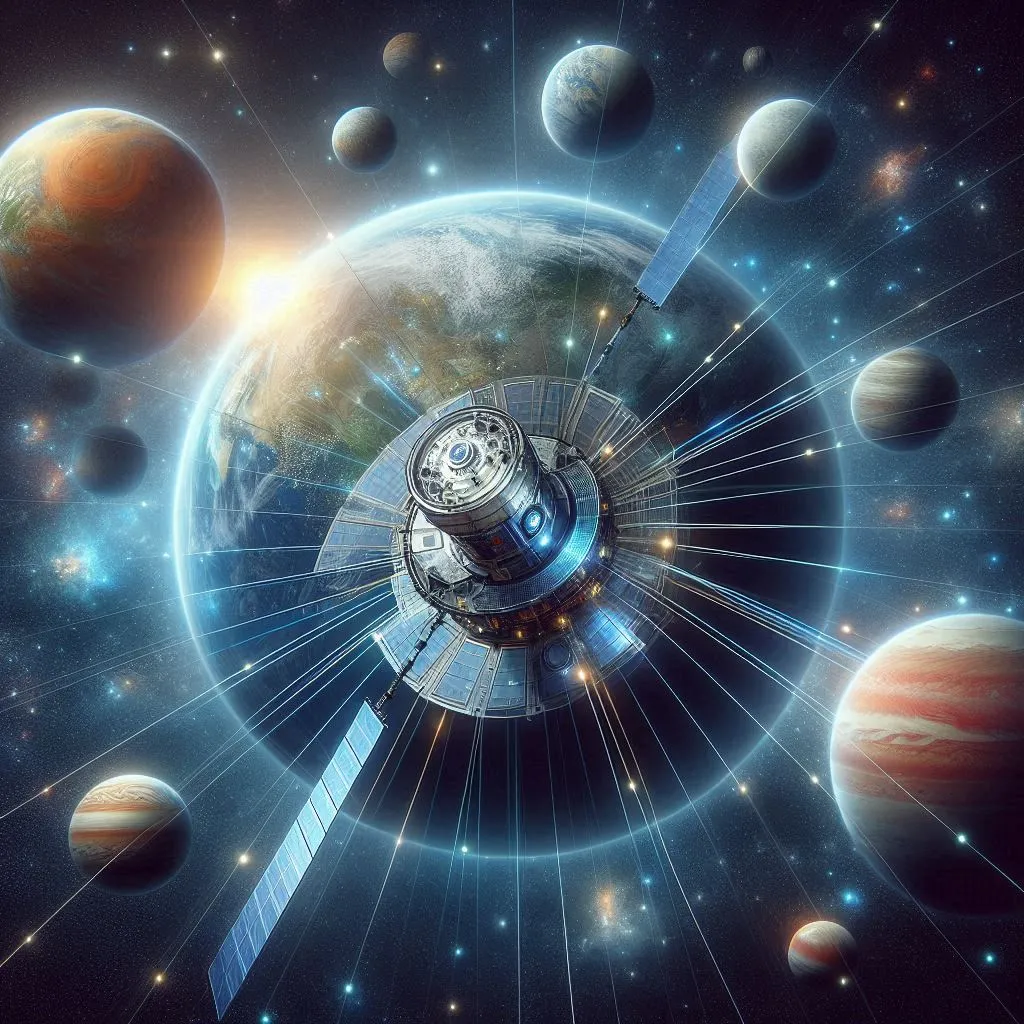






Artificial intelligence (AI) is one of the most transformative technologies of the modern age. It refers to the simulation of human intelligence by machines, particularly computer systems. These systems are designed to perform tasks that typically require human intelligence, such as visual perception, speech recognition, decision-making, and language translation. AI has its roots in the mid-20th century, when early pioneers like Alan Turing asked foundational questions about whether machines could think. Over the decades, AI has evolved from simple rule-based systems to complex neural networks capable of deep learning and independent adaptation.
Today, AI is deeply woven into our everyday lives, often in ways we do not immediately recognize. Virtual assistants like Siri and Alexa use natural language processing to understand and respond to user commands. Streaming services such as Netflix and Spotify rely on AI algorithms to recommend movies and music based on user preferences. Even social media platforms utilize AI to curate newsfeeds and suggest connections. In the healthcare sector, AI helps doctors interpret medical images and predict patient outcomes, while in finance, AI-driven algorithms assist with fraud detection and stock trading.
One of the most fascinating aspects of AI is machine learning, a subset of AI that enables computers to learn from and make predictions or decisions based on data. Unlike traditional programming, where rules are explicitly defined by humans, machine learning models adjust their behavior by identifying patterns in large datasets. This capability has led to significant breakthroughs in areas like image and speech recognition, where machines can now outperform humans in some tasks. Deep learning, a specialized form of machine learning involving multi-layered neural networks, has further accelerated progress, enabling advancements like self-driving cars and sophisticated language models.
Despite its impressive capabilities, AI also raises important ethical, social, and economic questions. One major concern is job displacement. As AI systems become more capable, there is a growing fear that they will replace human workers in a wide range of industries, leading to unemployment and social disruption. Additionally, biases in AI systems — often a reflection of biases in the data they are trained on — can result in unfair outcomes, particularly in critical areas like hiring, lending, and law enforcement. Ensuring that AI systems are transparent, fair, and accountable is a significant challenge that researchers, policymakers, and tech companies must address.
Moreover, there are concerns about the future of AI and the potential risks associated with creating machines that surpass human intelligence, a concept often referred to as artificial general intelligence (AGI). While AGI remains a distant goal, prominent thinkers like Stephen Hawking and Elon Musk have warned about the existential risks it might pose if not carefully managed. These concerns have led to initiatives aimed at developing AI safely and ensuring it benefits all of humanity.
In conclusion, artificial intelligence holds tremendous promise for improving lives, boosting economies, and solving some of humanity’s biggest challenges. However, it also brings significant risks that must be navigated carefully. As AI technology continues to advance, society faces the critical task of ensuring that its development aligns with ethical principles and serves the common good. Striking the right balance between innovation and responsibility will be key to harnessing the full potential of artificial intelligence in the years to come.